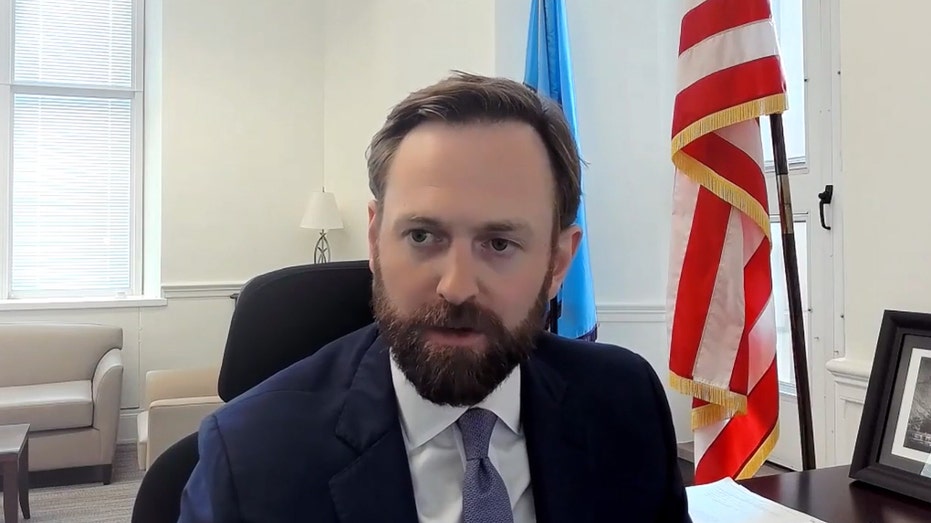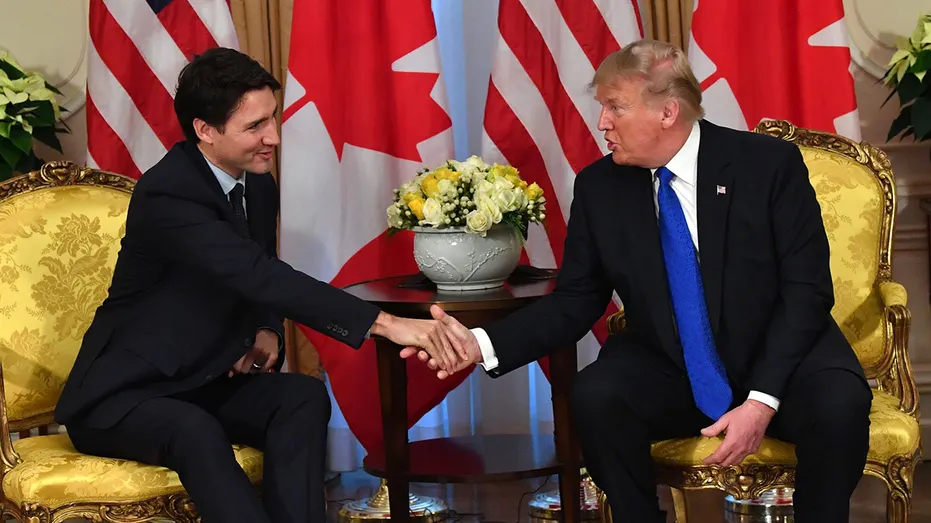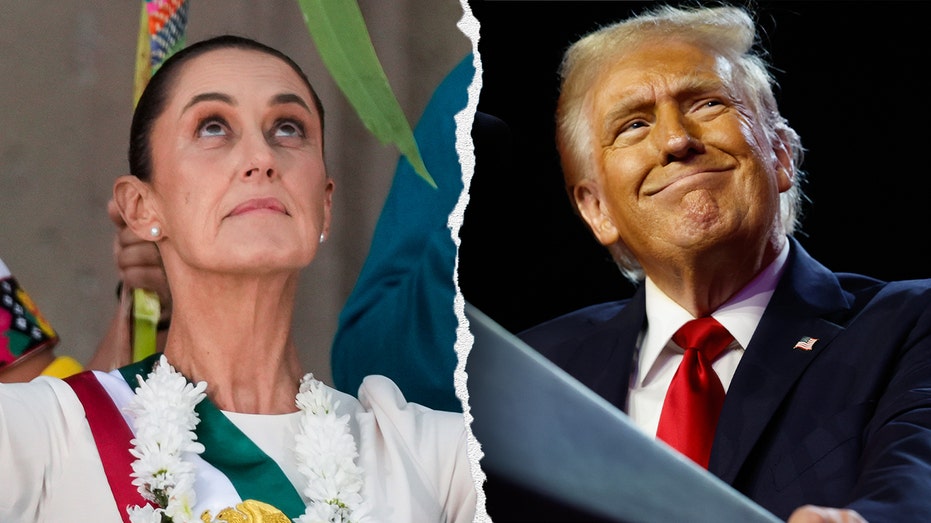The Fed penciled in 2 interest-rate cuts for 2025 — but Powell said nothing is final given the uncertainty around Trump's trade policies

Alex Wong/Getty Images
- The Federal Reserve cut interest rates in its final decision of the year.
- It also penciled in two interest-rate cuts in 2025.
- Still, Powell said that Trump's proposed trade policies pose economic uncertainty.
President-elect Donald Trump's potential trade policies could change the Federal Reserve's plans in the coming year.
On Wednesday, the Federal Open Market Committee announced its third consecutive interest-rate cut of the year, lowering rates by 25 basis points. Alongside the rate cut announcement, the Federal Reserve's quarterly Summary of Economic Projections also penciled in two interest-rate cuts for 2025, based on the median prediction from voting Fed members.
Markets took a dive after the Fed announcement, with the Dow Jones Industrial Average closing down over 1,100 points, or about 2.6%.
Fed chair Jerome Powell said during the Wednesday press conference that the decision to cut rates in December was "a closer call" but ultimately "the best decision" to achieve the Fed's dual mandate of maximum employment and price stability.
"I feel very good about where the economy is. Honestly, I'm very optimistic about the economy, and we're in a really good place. Our policy is in a really good place. I expect another good year next year," Powell said.
However, Powell said Trump's proposed tariff plans pose more uncertainty to the US economy in the coming year.
The president-elect has suggested he would impose broad tariffs on imports from key trading partners with the US, including China, Mexico, and Canada, which could lead to higher prices for imported goods.
At this point, Powell said there is too much uncertainty around Trump's trade plans to make any concrete predictions about next year's policy decisions at this point.
"We just don't know really very much at all about the actual policy, so it's very premature to try to make any kind of conclusion," Powell said. "We don't know what will be tariffed, from what countries, for how long, in what size. We don't know whether there'll be retaliatory tariffs. We don't know what the transmission of any of that will be into consumer prices."
Additionally, Powell said some FOMC members did consider fiscal policy, like tariffs, in their economic predictions, showing how the Fed is facing a range of uncertain scenarios in 2025.
He said that once Trump unveils his policies, the Fed would consider any necessary changes to its policy, but "we're just not at that stage."
Over the past year, Powell has reiterated that the Fed should move more cautiously instead of risking cutting rates prematurely and having to course correct later on. That's still the Fed's outlook going into the new year as the central bank continues its goal of reaching 2% inflation.
Amid economic progress over the past year, Powell said that inflation is coming down at a slower pace than the Fed would prefer. The consumer price index, which measures inflation, rose 2.7% year-over-year in November, a slight uptick from the 2.6% reading in October.
"When the path is uncertain, you go a little bit slower," Powell said. "It's not unlike driving on a foggy night or walking into a dark room full of furniture, you just slow down."



